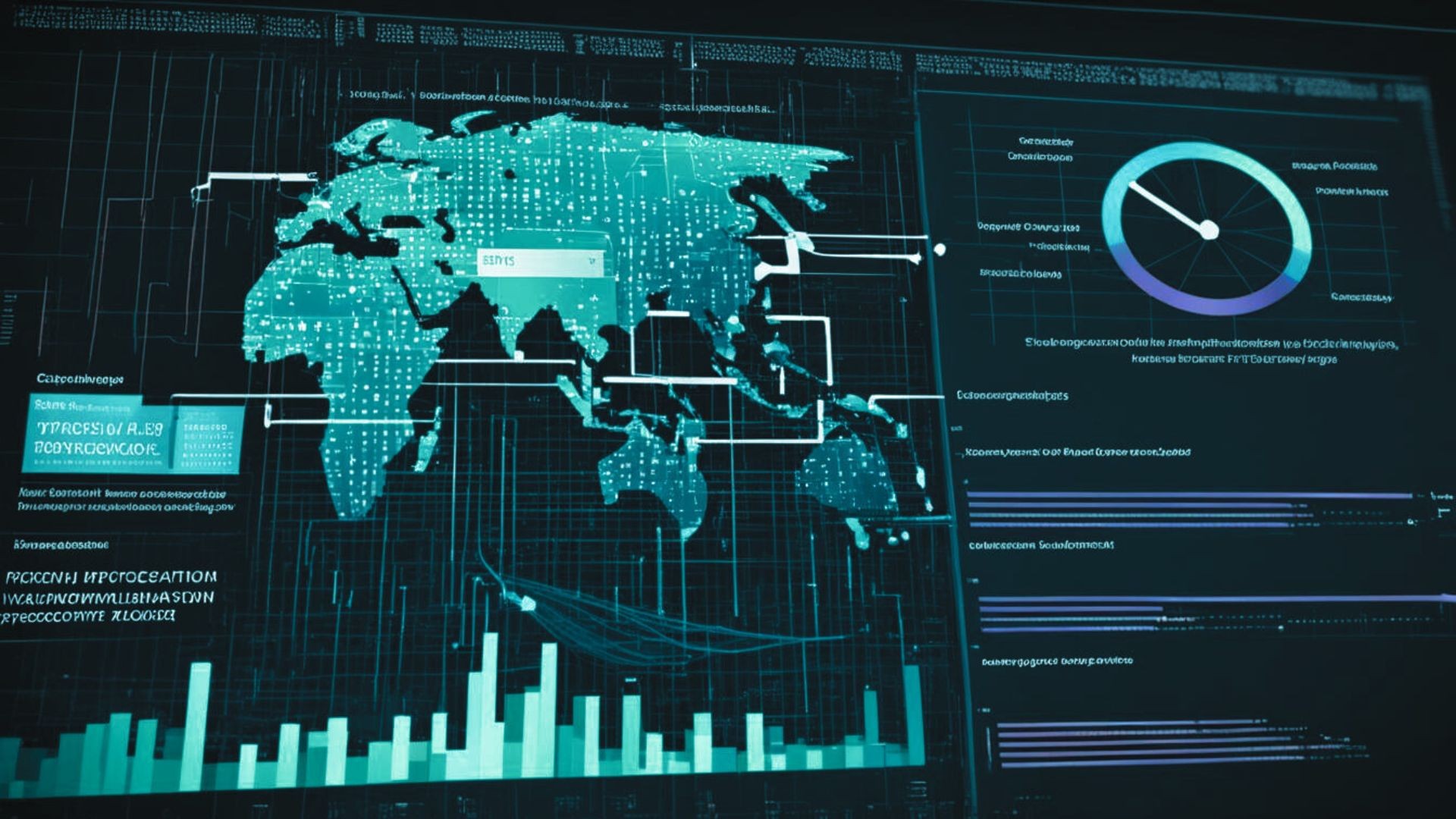
DeFi Strengthens Security, Reducing Crypto Thefts by 25% While Total Hacks Exceed $2 Billion in 2024
Cyber Security
Zaker Adham
02 October 2024
22 September 2024
|
Zaker Adham
Summary
Summary
The 2024 Aspen Cyber Summit, held on September 18 in Washington, gathered top officials from both government and industry to address emerging cybersecurity trends, challenges, and policy updates. The event featured key voices from U.S. regulatory agencies, including FBI Director Christopher Wray, FCC Chair Jessica Rosenworcel, FTC Chair Lina Khan, and CFPB Director Rohit Chopra. Representatives from the Five Eyes intelligence alliance also participated, sharing their global insights.
Key Takeaways from the Summit:
Growing Cybersecurity Risks from Systemic Vulnerabilities
The increasing reliance on interconnected systems and third-party vendors has heightened the risk of "mega breaches" and IT disruptions. As businesses consolidate through mergers and acquisitions, they inadvertently create single points of failure, which cybercriminals can exploit. Siobhan Gorman, Partner at Brunswick and leader in cybersecurity and privacy, emphasized the need for organizations to strengthen system redundancies, thoroughly vet security exceptions, and establish crisis response plans, including appointing a senior leader to coordinate responses to incidents.

Law Enforcement’s Role in Accelerating Breach Recovery
FBI Director Christopher Wray urged businesses to cooperate with law enforcement, explaining that working with agencies like the FBI can expedite recovery and minimize financial damage after a cyberattack. Wray highlighted that 15 of 16 critical U.S. infrastructure sectors were targeted by ransomware in the past year. Companies that engage law enforcement recover an average of 33 days faster and have saved approximately $800 million in ransom payments over the last two years.
Geopolitical Risks Escalating for Businesses
The overlap of cybersecurity with global geopolitics continues to grow. Critical sectors like energy, healthcare, and telecommunications—often public-private collaborations—are increasingly vulnerable to nation-state cyberattacks. Additionally, "perception hacking," where foreign adversaries spread disinformation to fuel social divisions, is becoming a significant threat. Businesses must be prepared to counteract these efforts.
AI-Driven Cybercrime and Regulatory Responses
Advances in AI are leading to more sophisticated cybercrime tactics, such as voice cloning and deepfake videos. While some tech companies have developed tools to verify the authenticity of media content, regulators argue that these efforts must go further. Leaders from the FCC, FTC, and CFPB urged companies to enhance the security and transparency of AI systems to ensure consumers are aware of when they are interacting with AI and how their data is being used.
Urgent Need for Cyber Workforce Development
One of the Summit’s major themes was the urgent need for businesses to invest in cybersecurity training and workforce development. As technologies like AI and quantum computing evolve, companies need to stay ahead by building a skilled and adaptable cybersecurity workforce. This investment will be critical for companies aiming to protect themselves from increasingly sophisticated cyber threats.

Cyber Security
Zaker Adham
02 October 2024

Cyber Security
Zaker Adham
23 September 2024

Cyber Security
Zaker Adham
21 September 2024

Cyber Security
Zaker Adham
19 September 2024